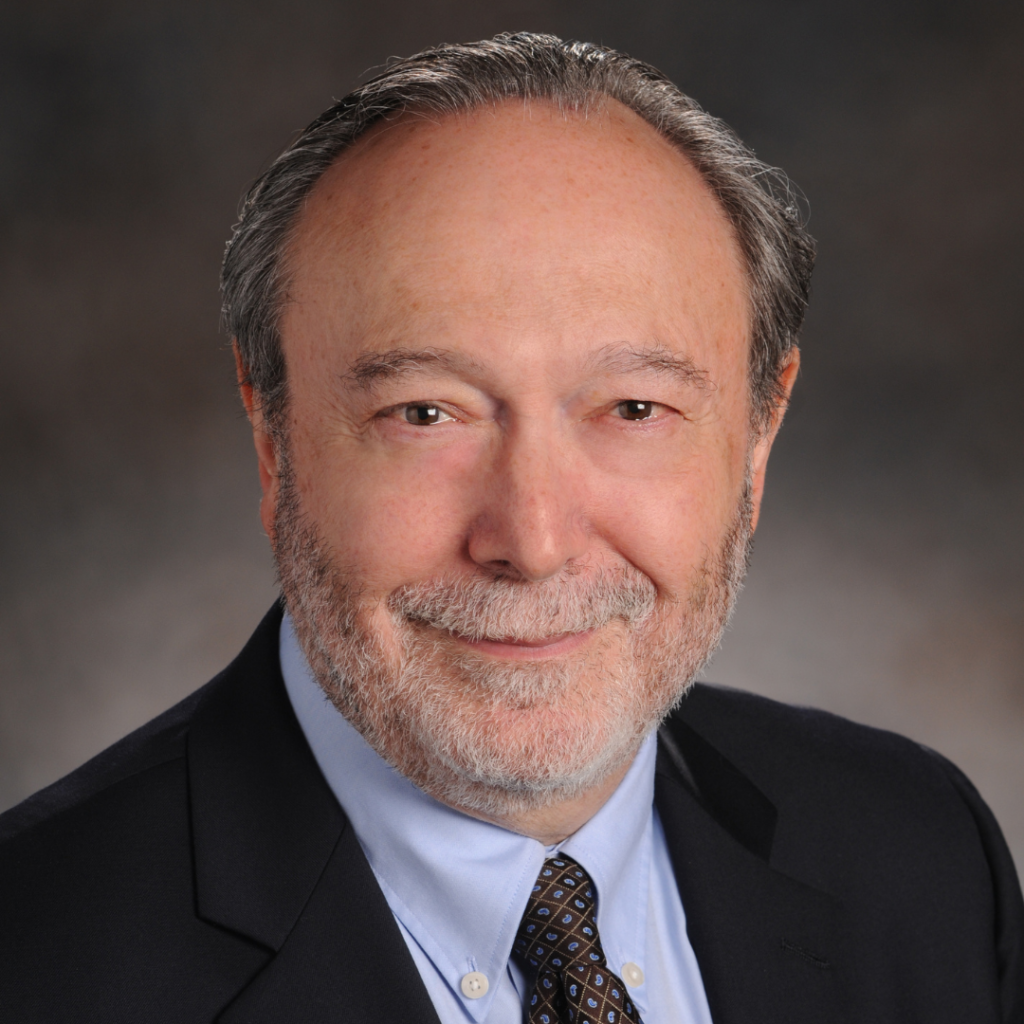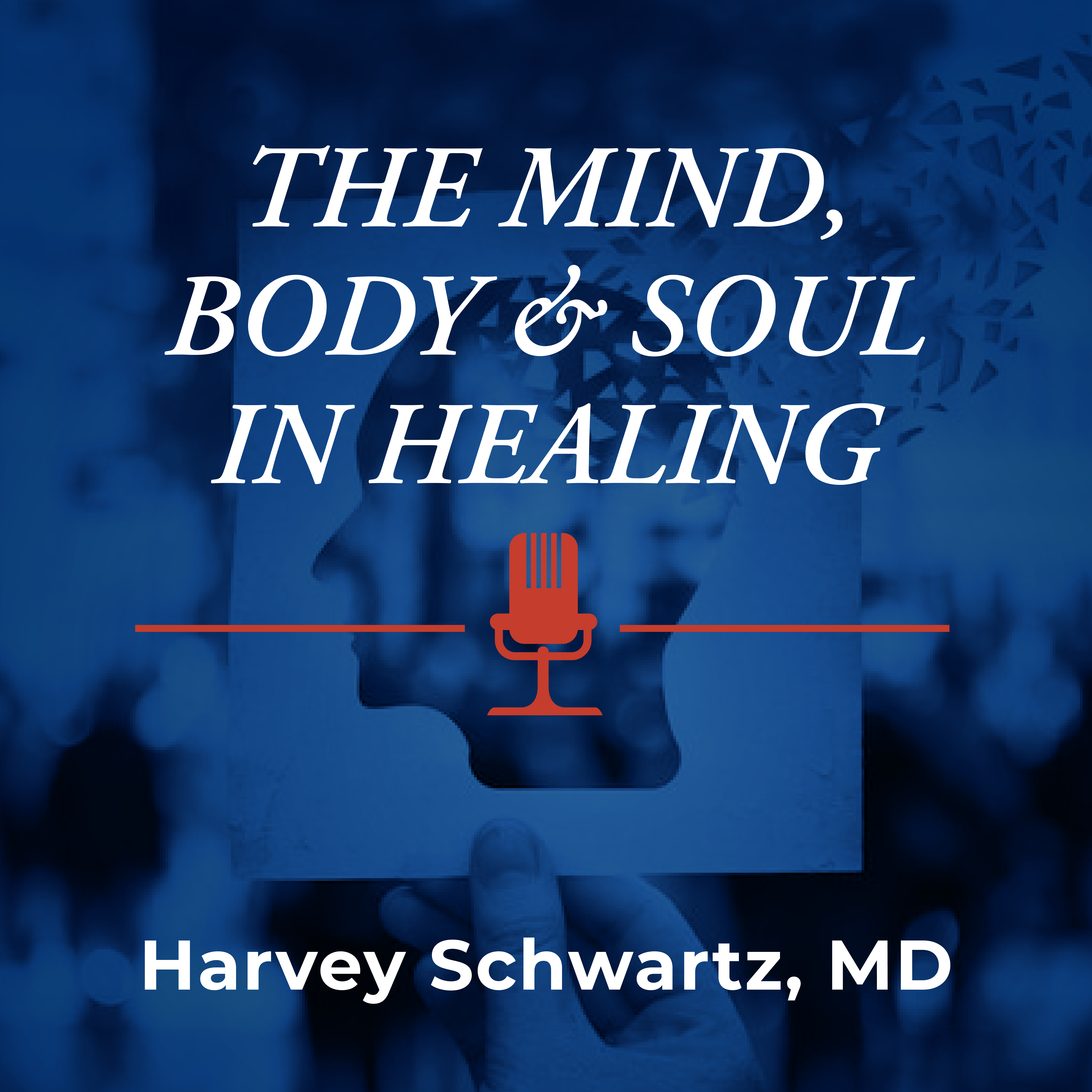
“Polyvagal theory at the simplest level emphasizes that we have a physiological system, and the autonomic nervous system mediates how we react and respond to the world. When our autonomic nervous system is calm it supports our bodily functions. It also provides permission at a neural level for us to trigger other parts of our brain that results in engagement with others. The secret underlining polyvagal theory is that there was an evolutionary linkage between cardioinhibitory fibers and the nerves that regulate the muscles in the face and neck – this enables our communication, what we call sociability or sociality. These aspects are really linked to our ability to send cues of safety to others.”
Episode Description: We began by recognizing the scope of Polyvagal Theory in its description of the evolutionary advance from asocial reptilian functioning to the mammalian capacity for safety and sociality. This ability to both experience and register others’ trustworthiness enabled our minds to discover collaboration as well as creativity and self-awareness. The ‘fittest that survives’ is understood as the one who works best in groups. We consider the role of sound in establishing a sense of safety, the enervation of the facial musculature to communicate safety, and neuroception as an unconscious process that registers cues of safety. We conclude with Stephen sharing with us some aspects of his personal journey of discovery since he first described Polyvagal Theory in 1994.
Our Guest: Stephen W. Porges, Ph.D. is a Distinguished University Scientist at Indiana University where he is the founding director of the Traumatic Stress Research Consortium in the Kinsey Institute. He is Professor of Psychiatry at the University of North Carolina, and Professor Emeritus at both the University of Illinois at Chicago and the University of Maryland. He is co-founder of the not-for-profit Polyvagal Institute. He served as president of the Society for Psychophysiological Research and the Federation of Associations in Behavioral & Brain Sciences and is a former recipient of a National Institute of Mental Health Research Scientist Development Award. He has published approximately 400 peer-reviewed scientific papers across many disciplines. He holds several patents involved in monitoring and regulating autonomic states and originated the Polyvagal Theory, which emphasizes the importance of the physiological state in the expression of behavioral, mental, and health problems related to traumatic experiences. He is the author of The Polyvagal Theory, The Pocket Guide to the Polyvagal Theory, and Polyvagal Safety, as well as co-editor of Clinical Applications of the Polyvagal Theory: The Emergence of Polyvagal-Informed Therapies.
Click here to share this episode on Twitter.

